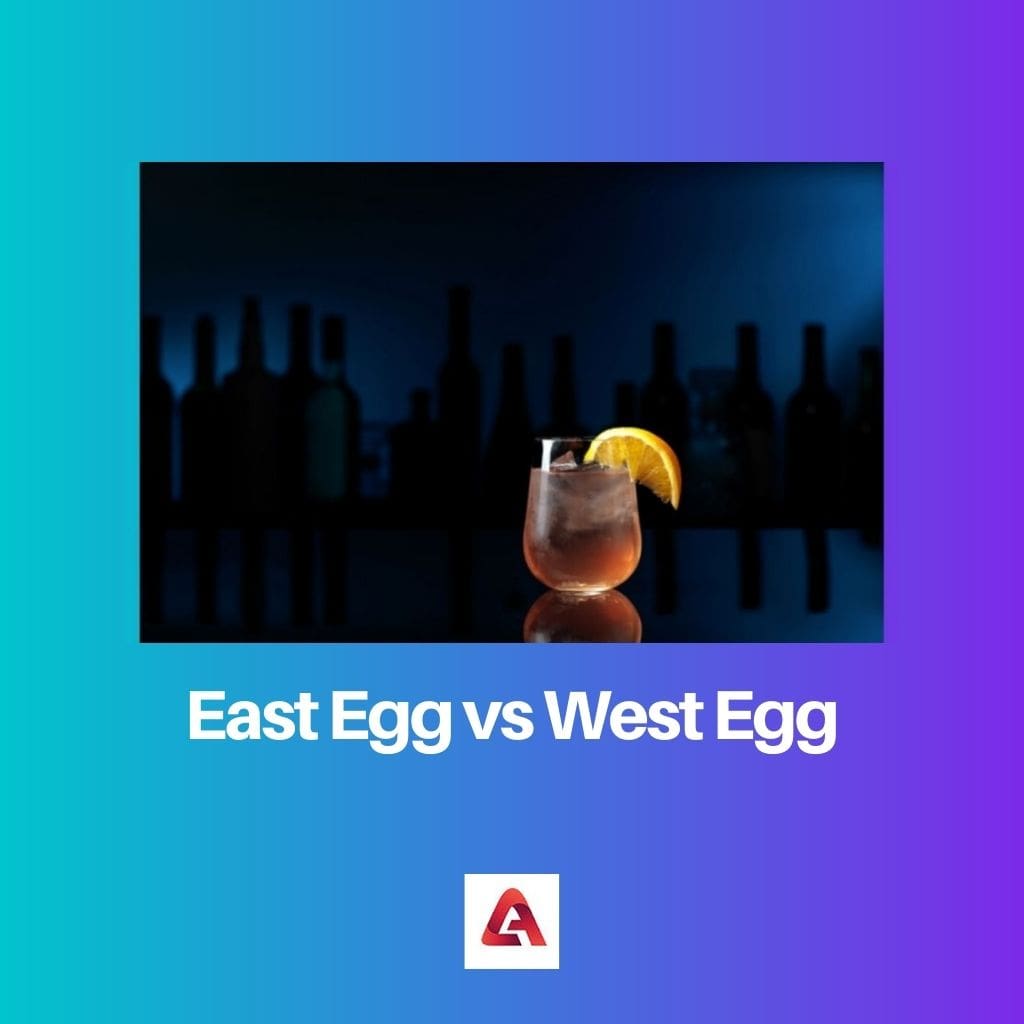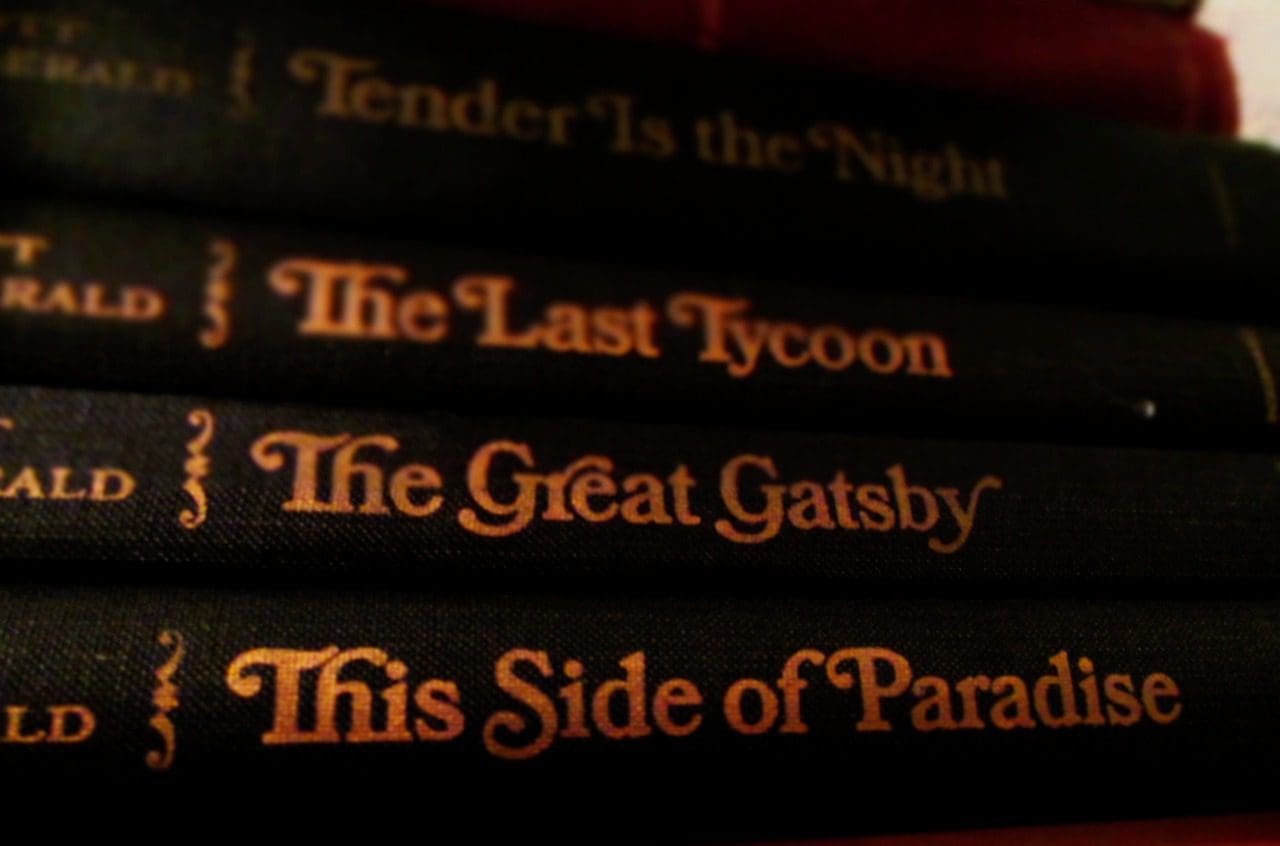The terms East Egg and West Egg come from the English novel “The Great Gatsby”, written by F. Scott Fitzgerald and published in 1925. Both these terms were used to talk about where the rich lived and how they acquired their wealth.
Key Takeaways
- East Egg and West Egg are fictional in F. Scott Fitzgerald’s novel “The Great Gatsby,” representing two areas on Long Island, New York, where wealthy characters reside.
- East Egg is home to the “old money” elite, who have inherited wealth and a more refined, aristocratic demeanor.
- West Egg houses the “new money” residents, who have recently acquired their fortunes and may lack the social standing or sophistication of their East Egg counterparts.
- The distinction between East Egg and West Egg serves as a commentary on social class, wealth, and the American Dream in the novel.
East Egg vs West Egg
East egg is a setting in the novel “The Great Gatsby” where the people in wealthy communities with family fortunes and “old money” lived. It was more fashionable. West egg was the place where people with “new money” who had recently become wealthy lived. It was considered less fancy.

East Egg refers to places where those with inherited or “Old” money live. These individuals acquired their wealth over a long time, such as through their own families and did not have to work for it.
West Egg was used to refer to the places where the rich but hard-working resided. These individuals could work their way through life and acquire a substantial amount of wealth over time.
Comparison Table
| Parameters of comparison | East Egg | West Egg |
|---|---|---|
| Definition | Place of residence for the individuals who had money from the very beginning and did not have to work for it. | Place of residence for the individuals who recently came into wealth by working and earning it by themselves. |
| Method of acquiring wealth | People of the East Egg were born into wealth, inheriting centuries-old riches from their family, referred to as “Old money.” | People of West Egg found different ways to acquire their wealth, legal or illegal, and worked their way up. |
| Characteristics of people | The people of East Egg were considered careless, selfish, unempathetic, “spoiled”, and unappreciative of their wealth. | The people of West Egg knew the value of money, were respected more, and were much more competent and compassionate. |
| Flaws | The major flaw of many in the East Egg was that they could not exhibit appreciation and compassion. | A few in West Egg acquired wealth illegally and held tremendous power over the lower classes. |
| Symbolism | The people of the East Egg symbolized the inner flaws of present-day monarchs or a rich and spoiled generation. | Here, the hard-working generation’s principles are showcased, and actual values are displayed. |
What is East Egg?
The East Egg, a term found in the novel “The Great Gatsby, ” describes where the wealthy resided.
The people of the East Egg had acquired their wealth through inheritance, or one could say that they were born into centuries-old wealth that had been passed down through each generation.
The people here never had to work for their money and didn’t have to earn it the hard way like the people of West Egg; hence, the people who lived here were unappreciative of the money they had.
The flaws of not having to work a day in their lives included being careless with their wealth, expenditure on unneeded purchases, being unable to understand the basic principles of hard work and sweat, and hence is considered spoiled.
Regarding personality and characteristics, the people here were unempathetic, possessed no compassion, and could not sympathise with those in the lower classes.
They were materialistic, caring immensely about their prized possessions, which made them greedy and hungry for more.
In terms of a symbolic viewpoint, the people who lived in East Egg were considered to be the spoiled generations of a monarch or those who inherited their wealth and have never adhered to the hard-working principles of life.
What is West Egg?
In the novel “The Great Gatsby”, the West Egg was a place of residence for the people who had recently become wealthy through hard work and dedication.
The individuals here went from rags to riches and had not inherited their wealth from anyone else.
Of course, among these newly wealthy, a few had earned their riches through illegal means, but they still were granted the respect and status of the others in their West Egg society.
Personality-wise, we observe that the people who lived in West Egg were more appreciative and competent about their wealth and how they earned it. The people here are much more compassionate and understanding of the world’s new trends.
A flaw seen here regarding the West Egg people is that they do not conform to the old traditions and wish to introduce change in everything they touch.
And through a symbolic viewpoint, a thing to notice is that the people of West Egg represent the hard-working generation that demonstrated the essence of social values.

Main Differences Between East Egg and West Egg
- East Egg is a residence for non-working individuals who had money from the beginning, while West Egg is where the newly rich lived.
- People of East Egg acquired their wealth through the means of inheritance, while people of West Egg earned their wealth through working jobs.
- A significant flaw of the people of East Egg is their lack of compassion, while a mark of the West Egg people is that they cannot conform to tradition and always wish to incorporate change.
- Personality-wise, the people of East Egg are much more careless and unempathetic, while those of West Egg are much more compassionate and respectful.
- People of East Egg symbolized close-mindedness, while those of West Egg symbolized hard-working principles and change.

This analysis of East Egg and West Egg is quite enlightening. It provides a richer understanding of the novel’s themes.
Absolutely, it’s always valuable to delve deeper into the intricacies of literary works.
That’s a very interesting comparison. Just shows how much wealth can impact people’s behavior and morals.
I agree! It’s really fascinating how this novel explores the impact of wealth on individuals.
I think the novel over-simplified the representation of these social classes. It’s not always so black and white.
I’m not sure if it was oversimplified, but it certainly didn’t delve into all the nuances present in these social classes.
You have a point! Reality is more complex than fiction.
The novel beautifully captures the complexities of wealth and the impact it has on individuals, don’t you think?
Certainly! It offers a thought-provoking exploration of social class and wealth.
I wouldn’t use ‘beautifully’, but it does offer an insightful commentary.
I found the symbolism behind East Egg and West Egg particularly interesting. It adds a layer of depth to the novel.
Yes, it’s impressive how Fitzgerald uses these locations to convey deeper meaning.
I didn’t think the novel was that thought-provoking. It seemed very cliché to me.
That’s a valid point. It’s definitely a matter of personal taste.
We can draw many parallels from the novel to modern society. It’s intriguing to see how things have and haven’t changed.
I’m not sure we can draw so many comparisons. It’s a different time and context.
Absolutely, the themes in ‘The Great Gatsby’ are still relevant today.
I must say, the portrayal of East Egg and West Egg adds significant depth to the novel.
Agreed! It’s a testament to F. Scott Fitzgerald’s ability to use setting to convey deeper meanings.
I appreciate this detailed comparison. It’s always enlightening to examine the social commentary in literature.
Absolutely, this novel offers a lot of insight into societal structures and wealth.
The distinction between East Egg and West Egg speaks volumes about the characters’ values and motivations.
I think you’re giving the novel too much credit. It’s just a story, after all.
Definitely! It’s a clever way to explore the impact of wealth on people’s behavior.